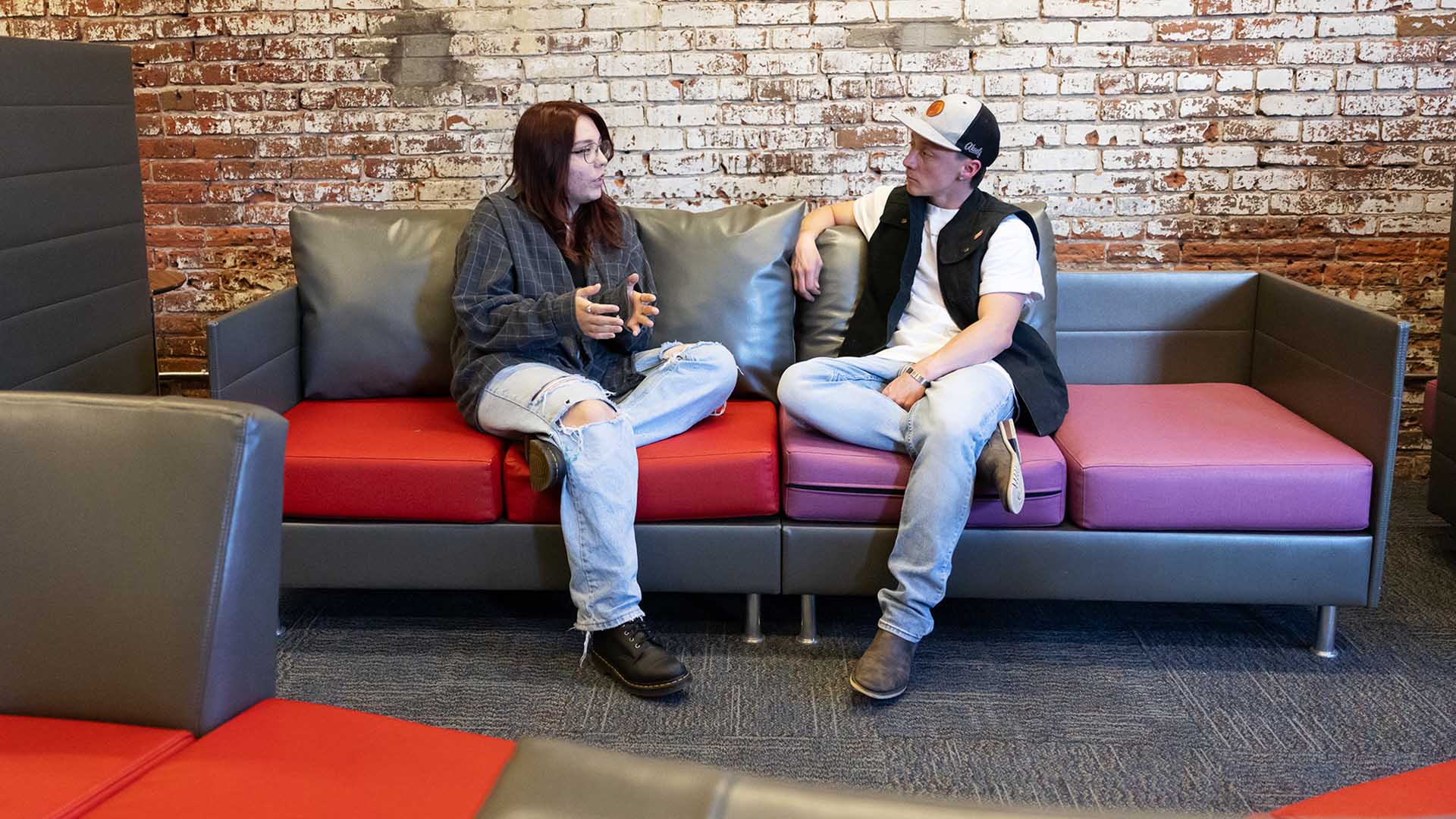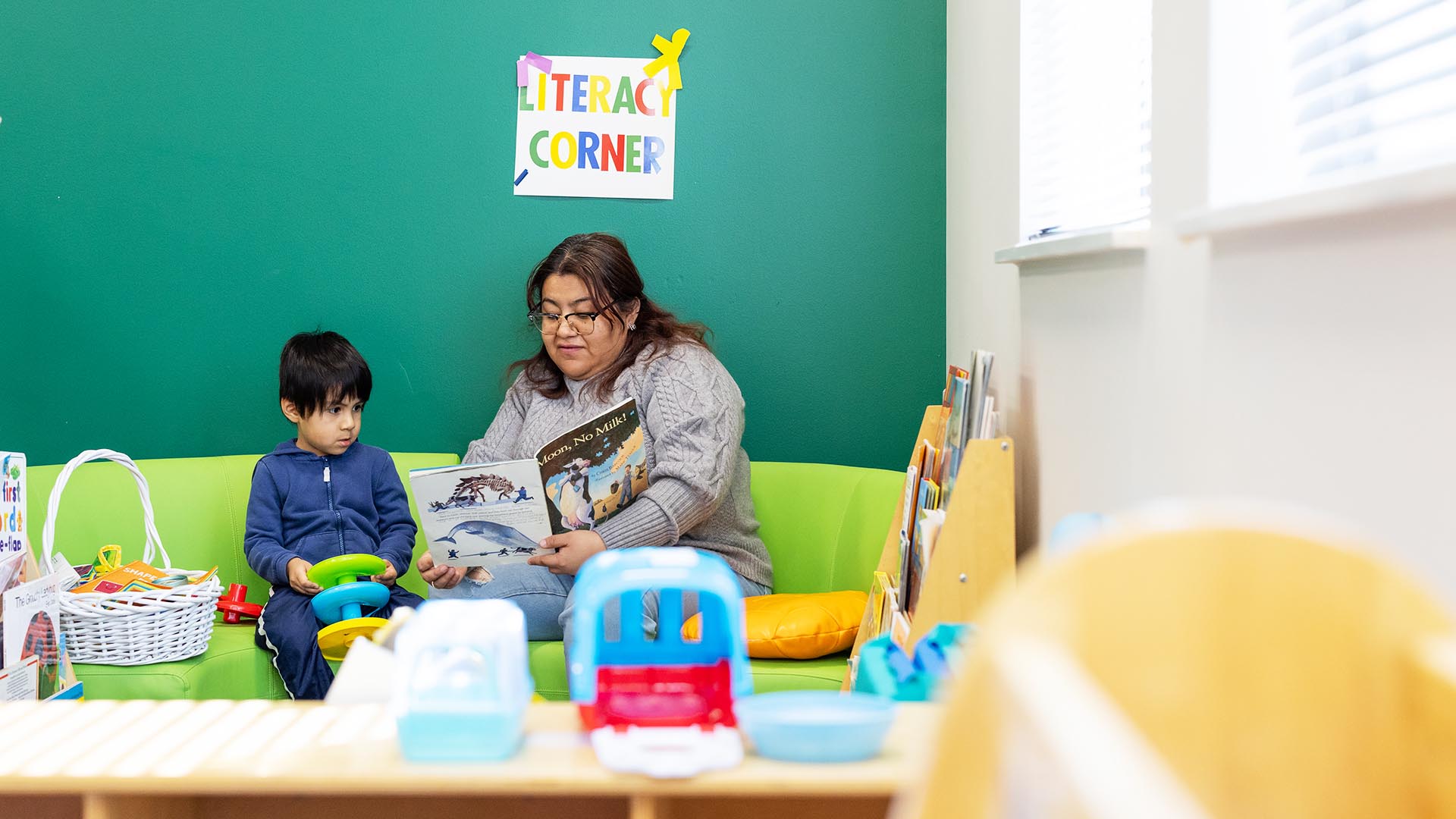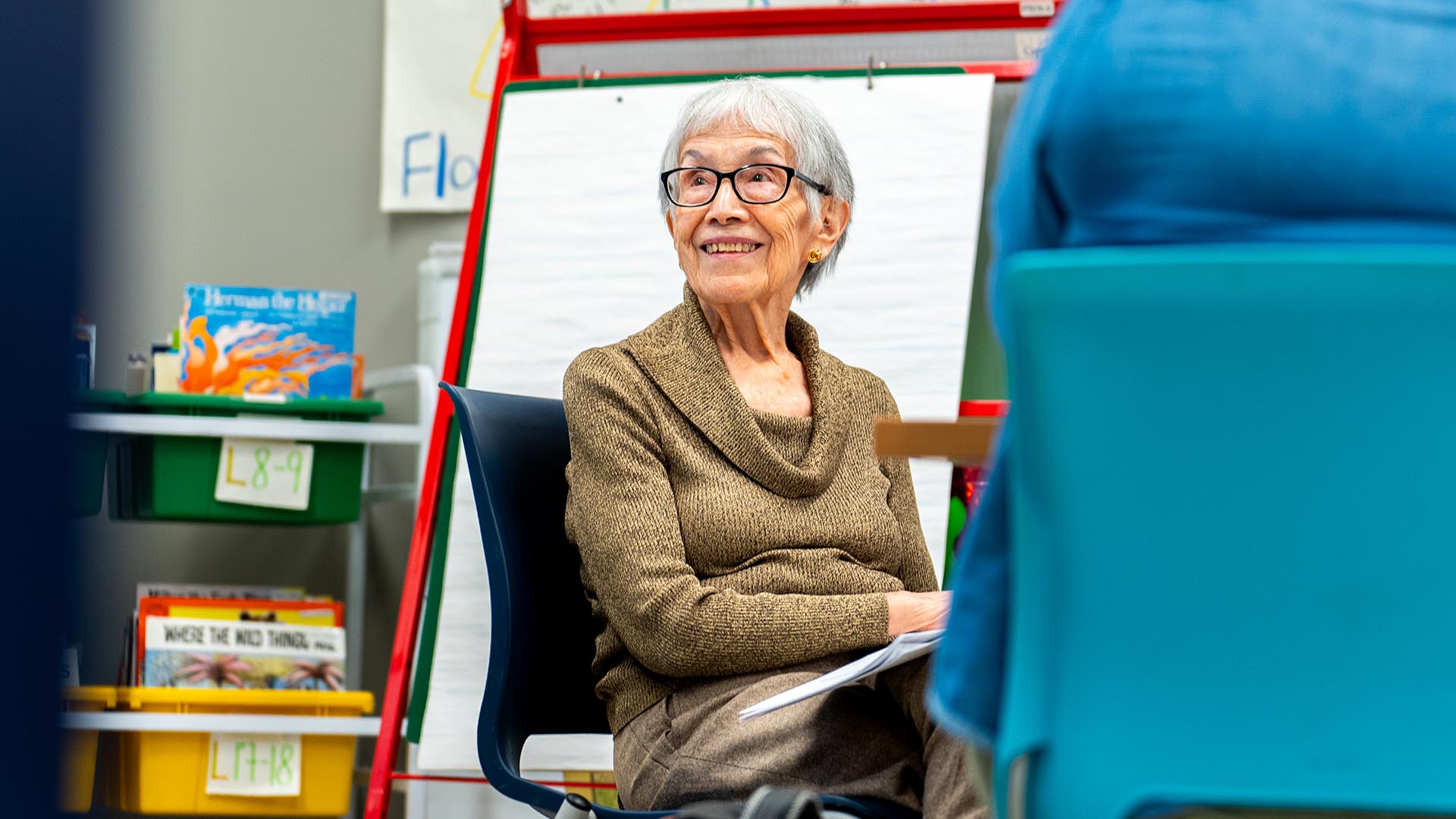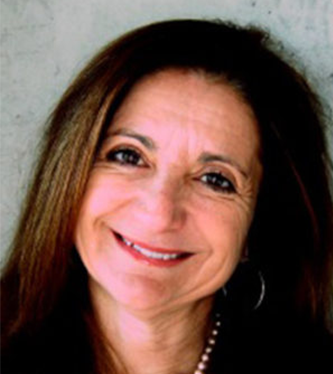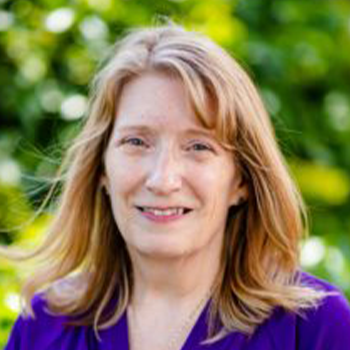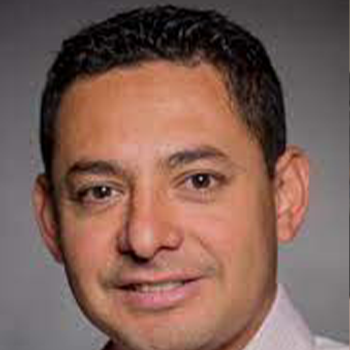From migrant work to master’s degree
A decade after missing school to pick potatoes, a first-generation graduate can’t get enough education.
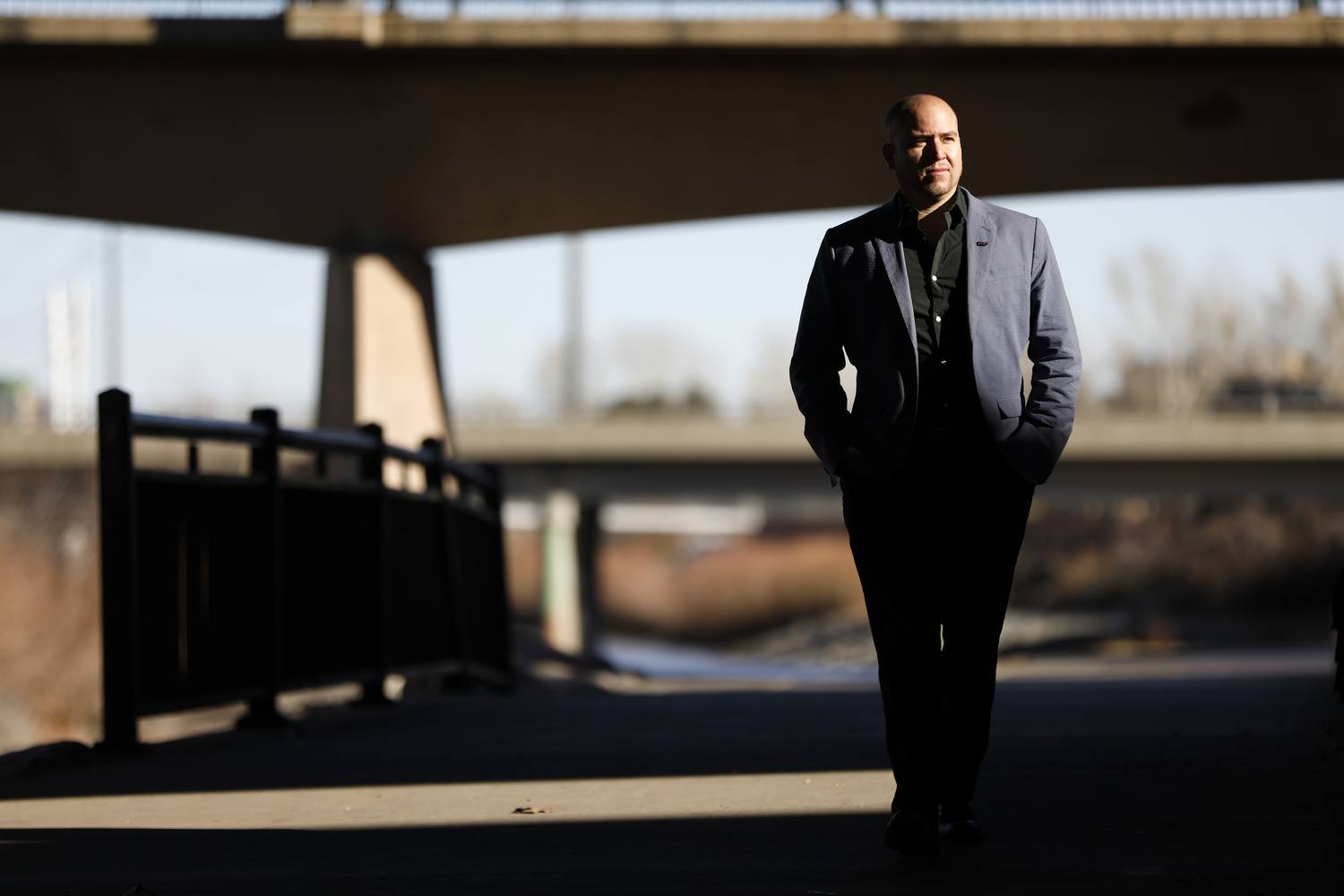
A September study from the U.S. Department of Education revealed that first-generation college students were less than half as likely as continuing-generation students to obtain a bachelor’s degree within 10 years of their sophomore year of high school.
Jesús Quintana Martínez, formerly the outreach and recruitment coordinator for MSU Denver’s College Assistance Migrant Program before taking a job with the City of Thornton, was the first person in his family to graduate from college, but he wouldn’t have counted in the study because of the time it took to graduate. Not just because Quintana worked for two years between high school and college, or because he worked his way through college, but because he wouldn’t stop taking college classes. He graduated from MSU Denver in May 2017 with close to 170 credits, and he still can’t stop going to school – he’s now working full time while pursuing a master’s degree in organizational leadership and management.
“I liked school a lot and still do, so I would take advantage of everything that I liked. I took taekwondo, swimming lessons, art, human services, Spanish, industrial design … and with all the credits I took I could’ve completed a doctorate degree already,” Quintana said. He blended arts and human services into a degree he titled, “Arts for At-Risk Youth” through the Individualized Degree Program and received the Espíritu de Aztlán Award at Latina/o Graduation, given to a graduating senior with a commitment to community service.
Quintana was not only the first in his family to graduate from college, but the first to graduate from high school. His father quit school after second grade, while his mother, who died of breast cancer when Quintana was 6 years old, only completed fourth grade.

“To me, being a first-generation graduate meant breaking barriers. At the moment I came to college, I thought about cousins and family members, and I couldn’t think of a person that went on to college. It was a very proud moment, but at the same time very scary because I didn’t know anything about the U.S. education system,” said Quintana, who emigrated with his six siblings from Juarez, Mexico, to join his father in the San Luis Valley when he was 15 years old. “When I was in high school, everything was new – the country, the language, everything.”
After experiencing difficult times and a challenging environment living with his father and stepmother, Quintana moved out of the house along with his sister and younger brother at the age of 17, becoming the main provider and father figure for his siblings while attending high school and working full time.
He learned about MSU Denver through CAMP, which is designed to meet the academic, financial and social needs of migrant farmworkers and their children. He was sold on the school when he learned about the diversity and age range of the student population.
“After I graduated high school, I didn’t go to college right away. I waited for two years because I needed to support my family. I wasn’t sure if I was going to be able to go to college. I didn’t know how grants worked or what scholarships were. I didn’t believe there was free money out there,” Quintana said.

Education wasn’t ever the top priority in his family. He started working at age 13 selling shoes and then working in a factory in Mexico, and when he moved to Colorado he worked in potato fields and other agricultural jobs, often missing school during harvest seasons.
“It is pretty common for students there to miss a month or more of school because that’s when they can make money and help their families,” said Quintana, who traveled the state to recruit students for CAMP. “It’s amazing and very rewarding to see parents and students learning about CAMP and my story during outreach and recruiting presentations, but at the same time it is sad that many students aren’t able to attend because they are working after school. It reminds me that I was that kid once. Now, I feel like I’m giving back – I mean, it’s my job, but to me it means more than just a job.”
Quintana advised high school students and first-generation college students to be persistent and find people who will believe in them and support them.
“There’s always someone willing to help, who will talk to you about college and tell you that you can do it. If you don’t believe in yourself or don’t know how the system works, listen to that one person who can give you advice and believes in you,” Quintana said. “Those individuals are the bridges that have helped me cross to where I am right now.”


